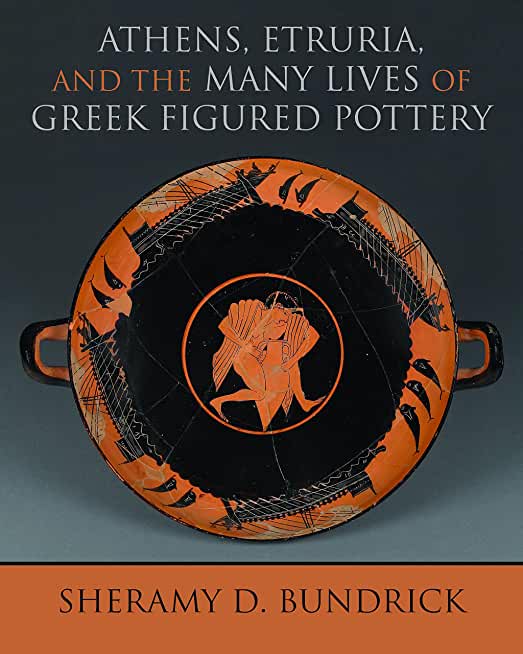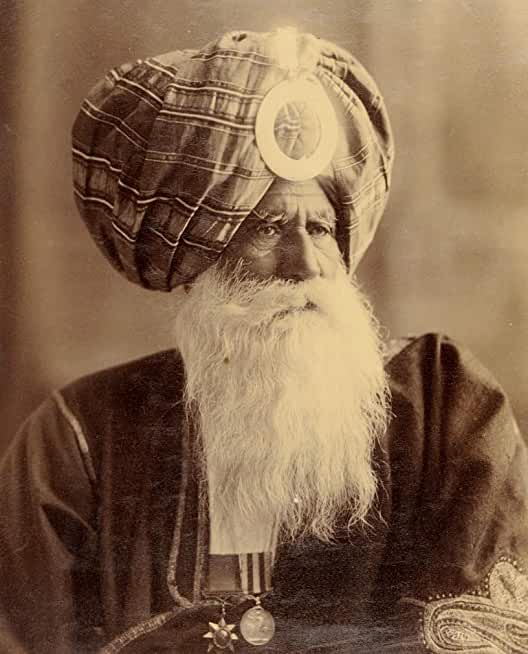
Bundrick, Sheramy D.
product information
description
7A lucrative trade in Athenian pottery flourished from the early sixth until the late fifth century B.C.E., finding an eager market in Etruria. Most studies of these painted vases focus on the artistry and worldview of the Greeks who made them, but Sheramy D. Bundrick shifts attention to their Etruscan customers, ancient trade networks, and archaeological contexts. Thousands of Greek painted vases have emerged from excavations of tombs, sanctuaries, and settlements throughout Etruria, from southern coastal centers to northern communities in the Po Valley. Using documented archaeological assemblages, especially from tombs in southern Etruria, Bundrick challenges the widely held assumption that Etruscans were hellenized through Greek imports. She marshals evidence to show that Etruscan consumers purposefully selected figured pottery that harmonized with their own local needs and customs, so much so that the vases are better described as etruscanized. Athenian ceramic workers, she contends, learned from traders which shapes and imagery sold best to the Etruscans and employed a variety of strategies to maximize artistry, output, and profit.
member goods
No member items were found under this heading.
Return Policy
All sales are final
Shipping
No special shipping considerations available.
Shipping fees determined at checkout.







